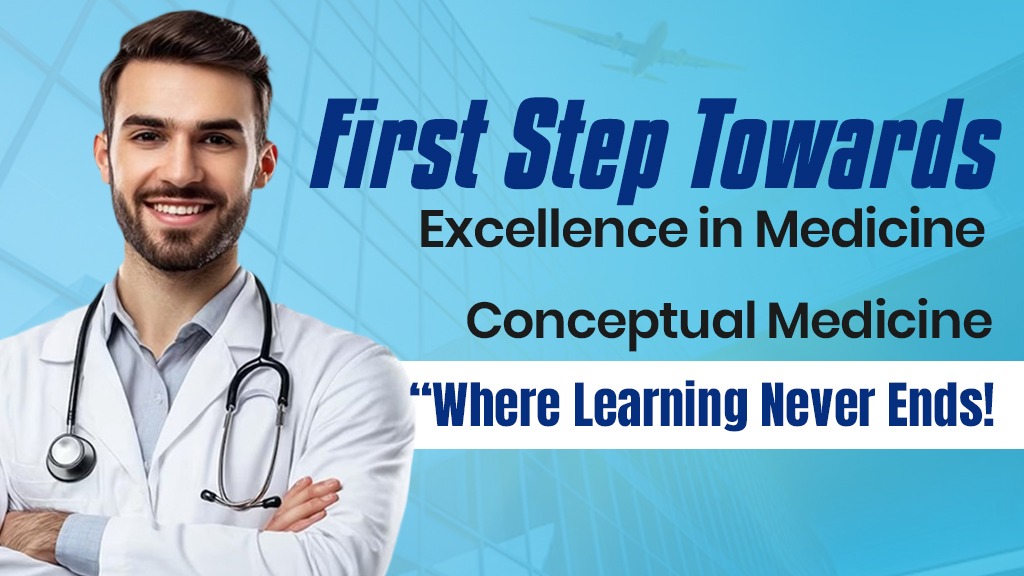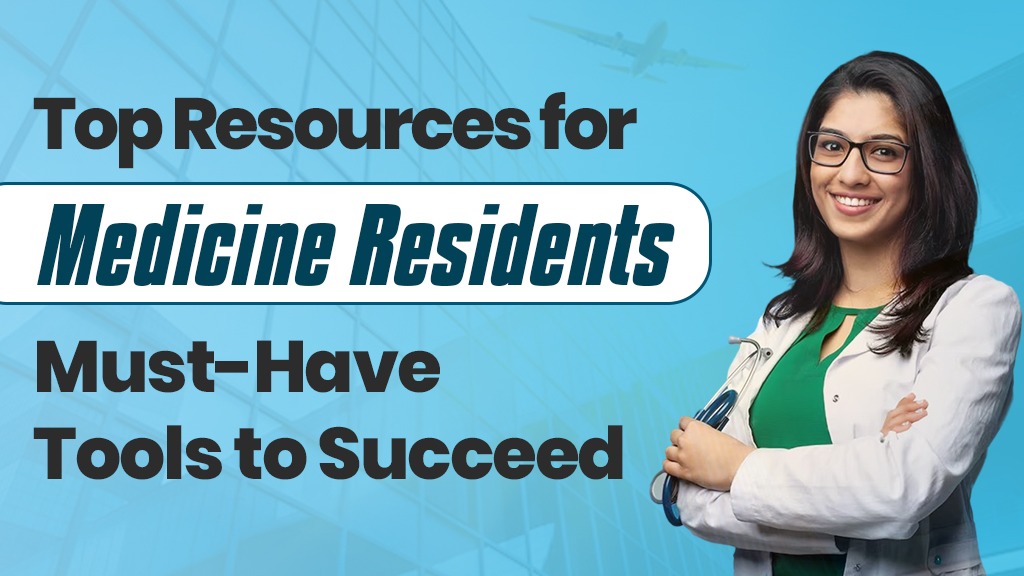First Step Towards Excellence in Medicine: Conceptual Medicine “Where Learning Never Ends!

First Step Towards Excellence in Medicine: Conceptual Medicine “Where Learning Never Ends! Medicine is not a career, it’s a calling that demands constant learning, perseverance, and mastery of skills. Access to the right resources, mentorship, and preparation strategies determine the success of medicine residents and young physicians in this demanding landscape of an internal medicine residency. Welcome […]
Top Resources for Medicine Residents: Must-Have Tools to Succeed

Top Resources for Medicine Residents: Must-Have Tools to Succeed For any medicine resident starting their residency journey, resources prove to be differentiators. From internal medicine residency programs to everything else in between, this guide in depth gets you up and through the universe of tools meant to improve learning and clinical practice. To Understand the Landscape of Medicine Residency […]
